The implementation of a two-level local government and the promotion of digital transformation are posing new requirements for the training of civil servants in the Industry and Trade sector. In this context, the Industry and Trade Newspaper interviewed Deputy Director of the Department of Organization and Personnel ( Ministry of Industry and Trade ) Nguyen Quang Hong on the issue of digital skills training, as well as how the ministry supports localities.

Deputy Head of the Department of Organization and Personnel (Ministry of Industry and Trade) Nguyen Quang Hong. Photo: Quoc Chuyen
Training goals on digital skills in the Industry and Trade sector in 2025
- Sir, how is the Ministry of Industry and Trade implementing the equipping of digital transformation knowledge and digital skills for civil servants?
Deputy Director Nguyen Quang Hong: In 2025, the Ministry of Industry and Trade has identified training on digital transformation and digital skills as a key task to improve the capacity of civil servants. The Department of Organization and Personnel has advised the Ministry's leaders to develop a specific training plan, with the goal of meeting new requirements in state management based on data platforms.
Based on the approved plan, the ministry assigned the Institute for Strategy and Policy Research on Industry and Trade to directly open training courses for civil servants. It strives to open six training courses on digital transformation and digital skills by 2025. To date, the ministry has opened the first class.
The overall goal of the plan is to equip about 300 civil servants with digital transformation knowledge and skills by 2025. This number is calculated based on organizational capacity, the needs of units within the ministry and the rapid pace of digital transformation taking place throughout the industry. In the following years, the Ministry of Industry and Trade will continue to develop a new training plan to ensure that civil servants are regularly updated, in line with practical requirements.
Strengthening training to support localities in implementing the two-level local government model
- How is the Ministry implementing the two-level local government model in the field of Industry and Trade, sir?
Deputy Director Nguyen Quang Hong: For the fields under the state management function of the Ministry of Industry and Trade, the implementation of two-level local government is an important step to improve the effectiveness and efficiency of state management in the fields of industry and trade. To implement this model, the Ministry of Industry and Trade has submitted to the Prime Minister for promulgation two important decrees.
The first is Decree No. 139/2025/ND-CP, which regulates the division of authority between two levels of local authorities in the field of state management of the Ministry of Industry and Trade. This is considered the legal foundation to help determine responsibilities in the industry management system.
The second is Decree No. 146/2025/ND-CP, which regulates decentralization and delegation in the industrial and commercial sectors. This document specifies the level of decentralization, creating conditions for localities to be more proactive in handling work, while ensuring consistency in the sector management system from the central to the grassroots level.
The above two decrees create a unified legal framework, helping localities clearly understand their tasks and authorities and have tools for effective implementation.
Immediately after the decree was issued, the Ministry of Industry and Trade launched a series of activities to ensure that localities promptly grasp and properly apply the regulations. In the past time, the ministry sent 34 leading officials to 34 provinces and cities to directly work with the local Department of Industry and Trade. The working groups are responsible for supporting localities, grasping the situation, recording difficulties and synthesizing opinions to report to the ministry's leaders.
After working in the localities, the Ministry of Industry and Trade directed functional departments to organize online training for civil servants at the department and commune levels. The training content focused on guiding the implementation of decentralization and delegation according to Decree 139 and Decree 146; at the same time, answering questions and supporting localities to overcome difficulties in the application process.
Organizing online training helps the ministry quickly convey information to many localities at the same time, saving time and costs while still ensuring the quality of content. Online training allows local officials to fully access the new regulations, thereby implementing them uniformly and synchronously throughout the entire Industry and Trade sector.
These activities clearly demonstrate the role of training in the two-tier local government model. It helps to standardize knowledge for civil servants and ensures that localities implement policies effectively and in the right direction.
Thank you very much!
Previously, the Ministry of Industry and Trade issued Decision 2172/QD-BCT dated July 29, 2025 on sending officials to lead and manage units under the Ministry of Industry and Trade on business trips to localities to strengthen their grasp of the situation and continue to implement tasks on reorganizing the two-level local government apparatus, decentralization, and delegation of power in the fields of industry and trade. The Decision also provided detailed information on the specific list of 34 leaders sent on business trips.
Source: https://congthuong.vn/tang-cuong-dao-tao-can-bo-khi-thuc-dien-chinh-quyen-dia-phuong-2-cap-431136.html


![[Photo] National Assembly Chairman Tran Thanh Man holds talks with South Korean National Assembly Chairman Woo Won Shik](/_next/image?url=https%3A%2F%2Fvphoto.vietnam.vn%2Fthumb%2F1200x675%2Fvietnam%2Fresource%2FIMAGE%2F2025%2F11%2F20%2F1763629724919_hq-5175-jpg.webp&w=3840&q=75)
![[Photo] Lam Dong: Panoramic view of Lien Khuong waterfall rolling like never before](/_next/image?url=https%3A%2F%2Fvphoto.vietnam.vn%2Fthumb%2F1200x675%2Fvietnam%2Fresource%2FIMAGE%2F2025%2F11%2F20%2F1763633331783_lk7-jpg.webp&w=3840&q=75)
![[Photo] President Luong Cuong receives President of the Senate of the Czech Republic Milos Vystrcil](/_next/image?url=https%3A%2F%2Fvphoto.vietnam.vn%2Fthumb%2F1200x675%2Fvietnam%2Fresource%2FIMAGE%2F2025%2F11%2F20%2F1763629737266_ndo_br_1-jpg.webp&w=3840&q=75)



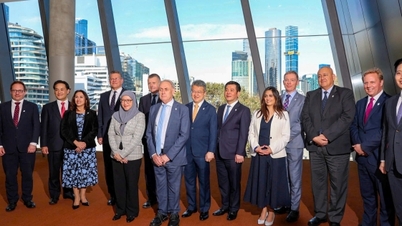
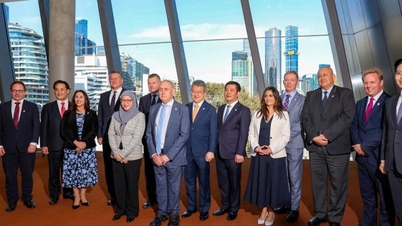
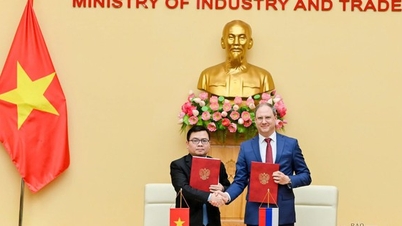

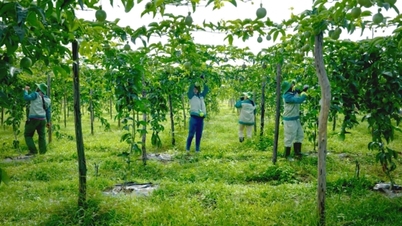
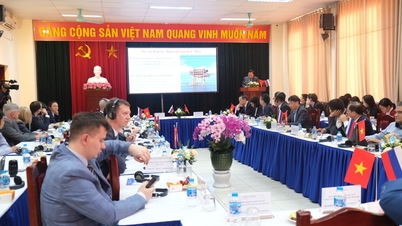
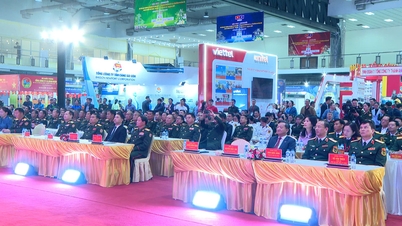
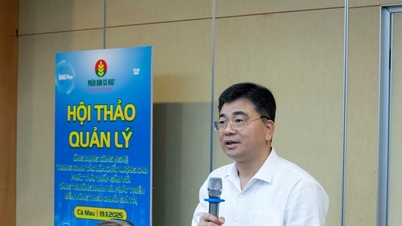



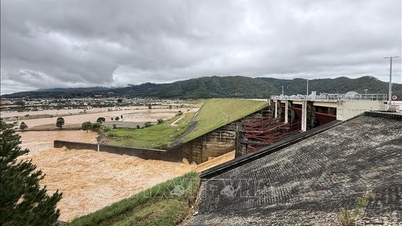

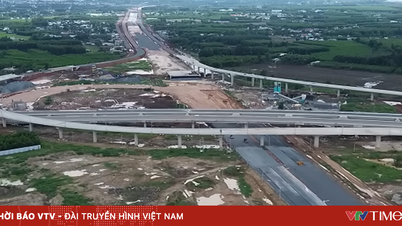

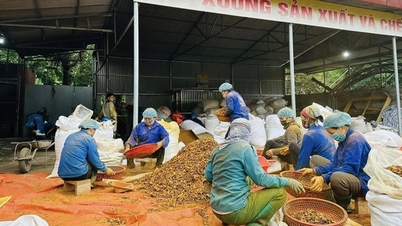




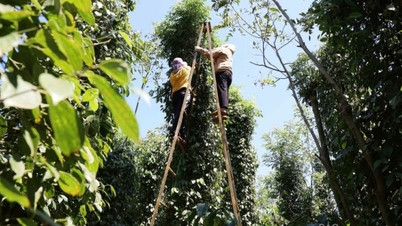


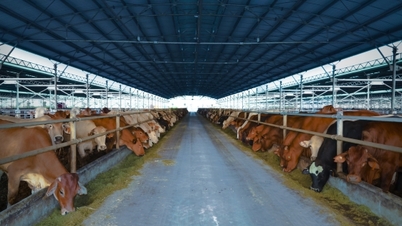

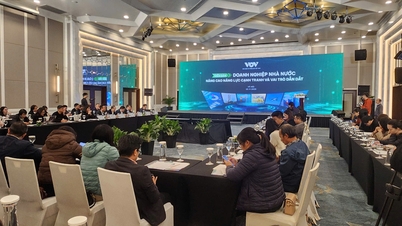











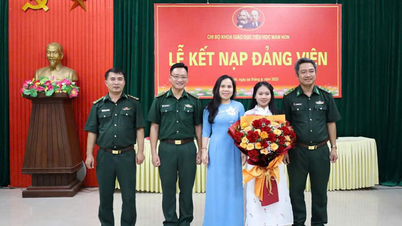








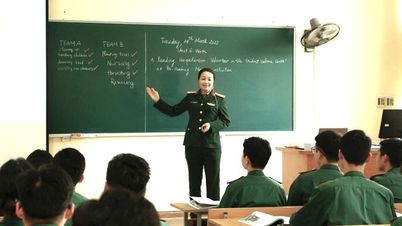

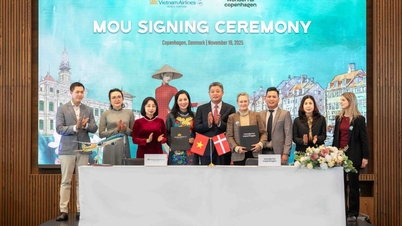




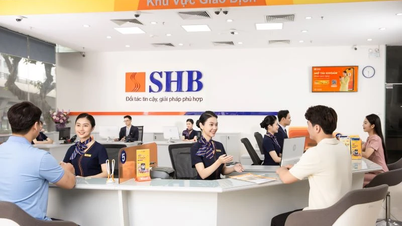









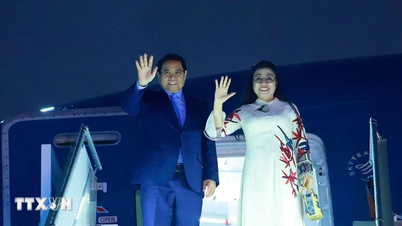





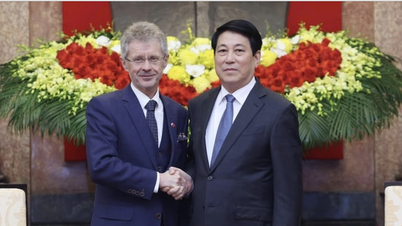
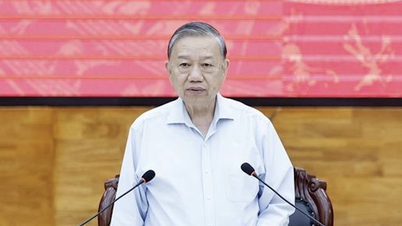



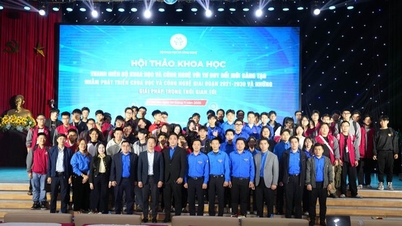

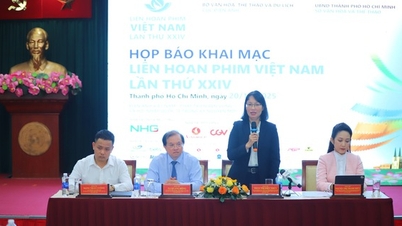

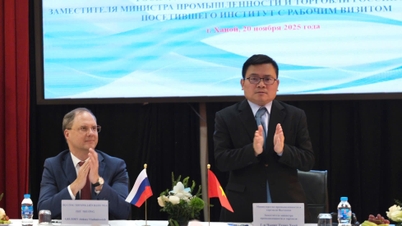

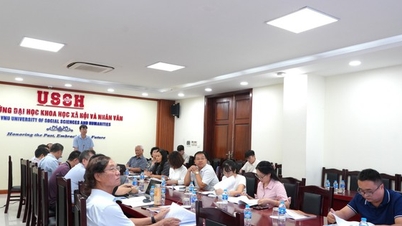
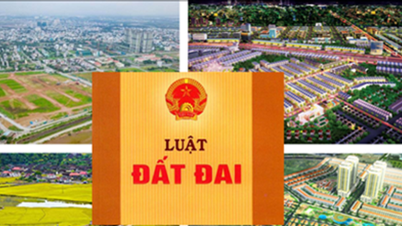

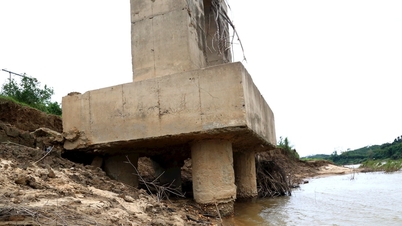



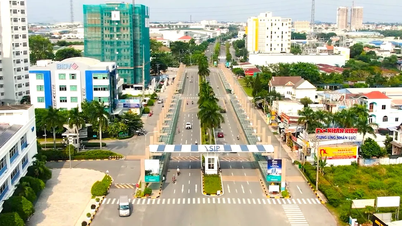


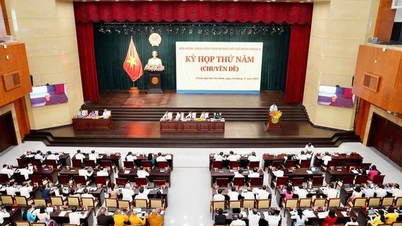









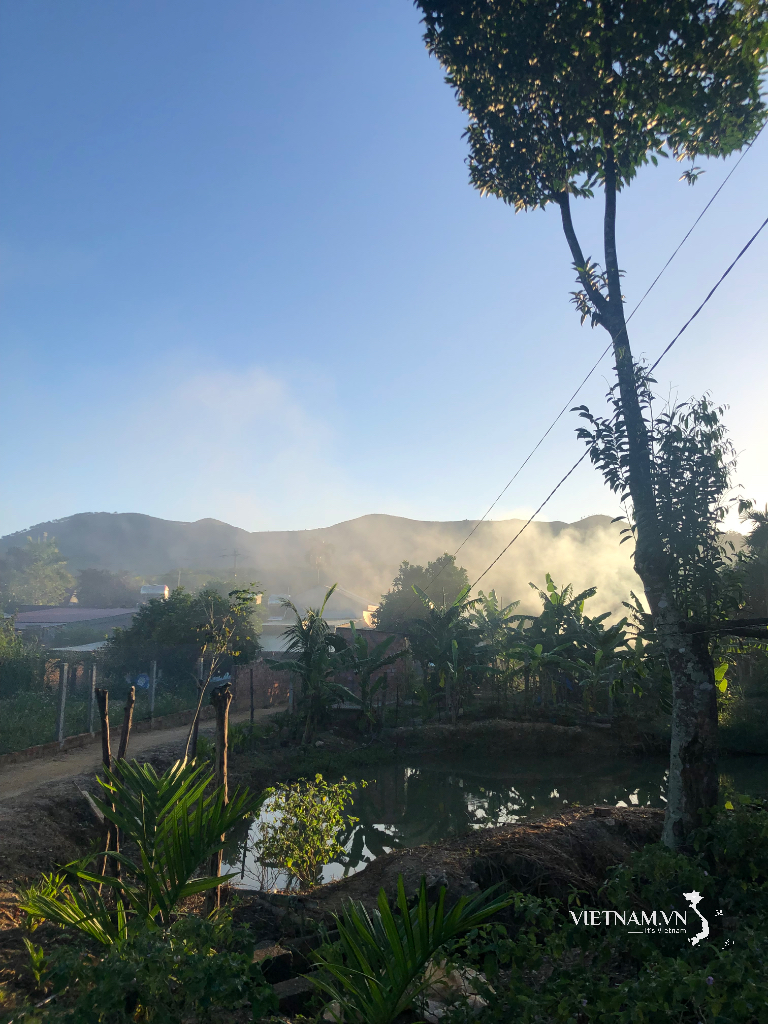


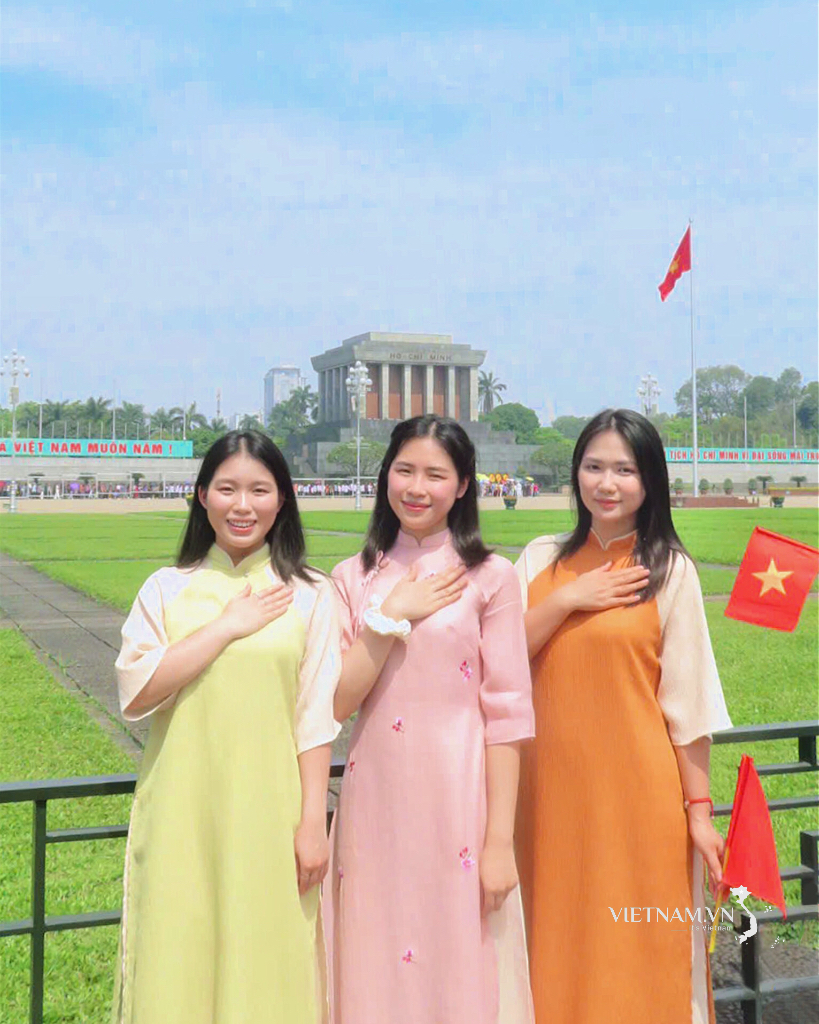
Comment (0)